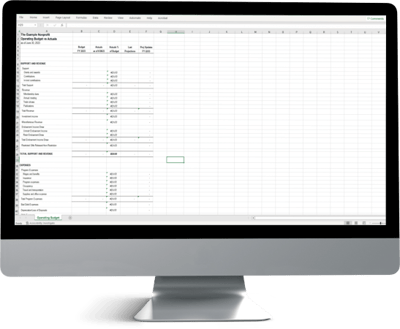With employee benefit plan audit season not too far in the rearview mirror, it’s a good time to reflect on lessons learned. I’m sharing a few insights, from the point of view of an employee benefit plan auditor, for clients who are required to have their plan audited.
At first blush, it may seem like every 401(k), 403(b) or ESOP audit is essentially the same. But in reality, the nuances of various plan features, third-party administrators (TPA) handling things differently, and the way the plan sponsor operates are more than enough to keep any employee benefit plan auditor on their toes.
If your organization is required to have an employee benefit plan audit, here are a few things your plan auditor wants you to know.
-
Establish a line of communication early on with the TPA account representative
Your TPA rep is a vital source of information for things like how to get your auditor access to their portal and letting you know how to properly request changes to Form 5500. They can also help you understand where to find things on their portal and even which reports are best suited to fulfill your requests. -
Expect to work with your plan auditor to develop a solid timeline for the audit
Plan to have conversations with your auditor about the audit timeline. Your plan auditor will want to lay out a timeline for when and how you will fulfill audit requests. It’s important for both the plan auditor and the plan sponsor to come through on meeting deadlines, as there are ramifications for both parties if deadlines are missed. The auditor’s schedule is likely set for weeks or months in advance, so it can be difficult to meet milestones if the timeline slips away. Also, let your auditor know how often you want to be updated on progress. -
Communicate to your auditor about any big changes in the plan from the prior year ― well before the audit begins
Things such as a change in TPA or payroll provider can create more work for the auditor. Identify such changes early and communicate these items to your plan auditor, as these changes might impact the plan and audit procedures. -
Invest time in reviewing key reports with your auditors to identify anything unusual
The trust report and 5500 at a minimum should be reviewed early in the process by the plan auditors so anything unusual can be discussed before the audit begins. Your plan auditor appreciates you being part of this review process, since you know your plan better than anyone else.
Need Help?
Contact us online or call 800.899.4623.



